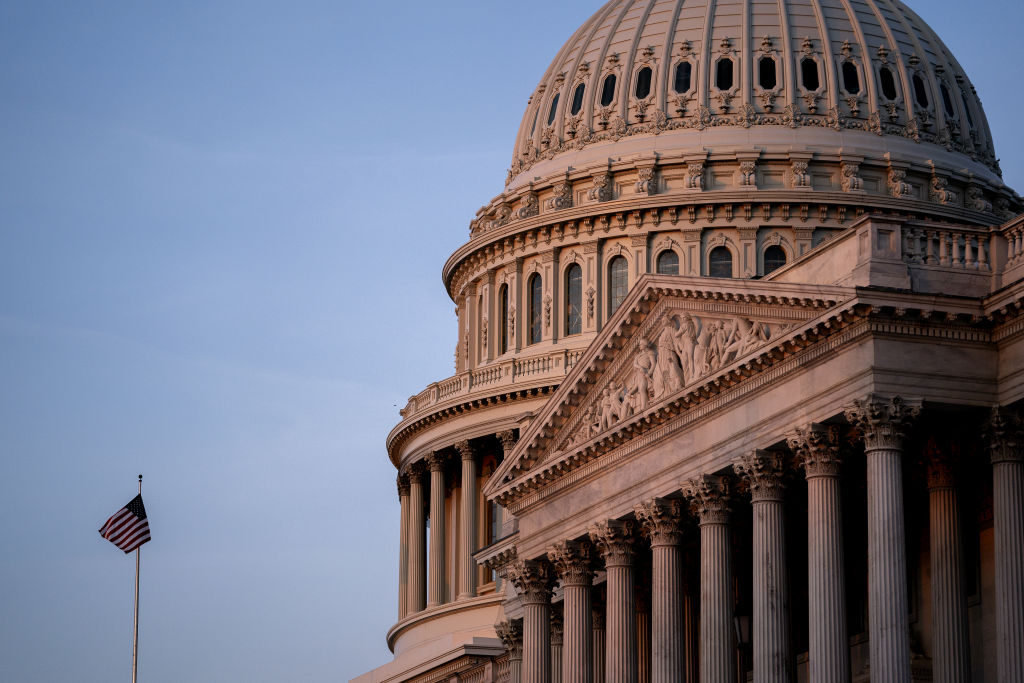- Arvind's Newsletter
- Posts
- Arvind's Newsletter
Arvind's Newsletter
Issue No. #1134
1.Foxconn Technology's 'Plan B' to rescue iPhone production in India: Business Standard
A day after news emerged that Foxconn Technology Group was “forced” by Beijing to send back its Chinese engineers and technicians from its Tamil Nadu plant, sources indicate that the global electronics giant has already drawn up an alternative plan to rescue its India iPhone 17 production by bringing in experts from mainly Taiwan and the US.
The move to call back employees is seen as a strategy to disrupt the efforts by Western tech firms to shift manufacturing away from China. It is also seen as a continuation of the diplomatic tussle between India and China. Chinese authorities were already restricting the export of key machines that are required to be retrofitted on the assembly lines to make the iPhone 17, which is expected to be unveiled by September this year.
"They already have a plan to bring engineers mainly from Taiwan and the US, as was expected. Also, the issue is only regarding the new iPhone 17 lineup and its planned launch. Indian technicians are already in charge of previous models. It may take a maximum of two months to replace the Chinese experts," said a state source aware of the development. Both Foxconn and Apple did not respond to questions from Business Standard.
1.Jane Street Group, one of the world’s largest quant trading firms, has been temporarily barred by SEBI for accessing the local securities market: Bloomberg
India’s regulator has temporarily Jane Street from accessing the local securities market, dealing a severe hit to the US firm that allegedly made $4.3 billion in trading gains in the South Asian nation in more than two years. The Securities and Exchange Board of India said it would seize 48.4 billion rupees ($570 million) from Jane Street, which it claimed is the total amount of “ unlawful gains” made by the firm, according to an interim order.
Jane Street is one of the most active foreign players in India, the world’s largest derivatives market by contracts traded, and one that has become a magnet for high-frequency trading firms amid a retail investing boom sparked by the pandemic. SEBI’s order marks a rare instance of such an action against a foreign entity.
India has gone from being a small player in the highly speculative equity derivatives market to the world’s largest in just five years. Daily turnover including options trading is about $3 trillion. The regulator has become increasingly concerned about this segment of the market, particularly because of its sudden popularity among inexperienced retail investors chasing quick returns.
In the case of Jane Street, the regulator said that the firm used large funds to influence price action in futures and the cash market — where volumes are relatively low. Jane Street in a statement said that it’s “committed to operating in compliance with all regulations” around the world.
3.Inside India’s scramble for AI independence: MIT’s Technology Review
Despite its status as a global tech hub, India lags far behind the likes of the US and China when it comes to homegrown AI.
That gap has opened largely because India has chronically underinvested in R&D, institutions, and invention. Meanwhile, since no one native language is spoken by the majority of the population, training language models is far more complicated than it is elsewhere.
So when the open-source foundation model DeepSeek-R1 suddenly outperformed many global peers, it struck a nerve. This launch by a Chinese startup prompted Indian policymakers to confront just how far behind the country was in AI infrastructure—and how urgently it needed to respond. Read the full story.
4.Air India pays compensation to 2/3rds of June 12 crash victims: Mint
Air India on Friday said it has paid the compensation to families of nearly two-thirds of the victims who died in the June 12 plane crash in Ahmedabad.
An Air India Dreamliner from Ahmedabad to London Gatwick crashed moments after takeoff on June 12, killing 260 people onboard and on the ground.
"Our teams have been helping families receive interim compensation. Every affected family is being directly assisted by an Air India representative, with nearly two-thirds having already received payment or are in the final stages," the Air India CEO said.
Tata Sons is in the process of establishing the apparatus to provide longer-term assistance to the families and survivors, the Tata Group-owned airline said.
5.House of Representatives approves ‘big, beautiful bill’ in victory for Donald Trump: Financial Times and others
Higher-income households will see reduced taxes, while many poorer ones will lose health insurance. Nuclear and geothermal energy projects will retain some subsidies, while those for renewables will be cut.
That’s bad news for the data centre industry, TechCrunch reported, which needs solar to add cheap energy, and for many Republican-voting states which have seen a renewables boom.
Cuts to electric-vehicle incentives will hit Tesla, helmed by erstwhile Trump ally, Elon Musk, who has vowed to retaliate. But drugmakers expect a multi-billion-dollar windfall after more medications were exempted from a federal price negotiation program.
6.The US lifted some restrictions on the export of chip-design software to China, a sign of further easing in trade tensions between the two superpowers: Reuters
Washington told a major software provider that it no longer had to apply for licenses to do business in China. The measures were imposed after Beijing limited shipments of rare-earth minerals to the US, itself a response to Washington’s tariffs and semiconductor export controls.
China and the US are implementing a deal to ease flows of vital materials and technologies after a months-long trade war, Bloomberg reported, and years of the US attempting to stifle China’s chipmaking and artificial intelligence ambitions, which Washington sees as a security threat.
7.A single-shot drug outperformed vaccines in protecting people from seasonal influenza.
Traditional flu vaccines are only about 40% effective, because they target a limited number of viral strains and are based on manufacturers’ guesses — often wrong — of which strains will be dominant that winter. The new antiviral drug, tested on 2,500 healthy adults, is broader-spectrum, and on a high dose reduces flu incidence by 76% compared to a placebo, its manufacturer said. Flu causes significant misery: A bad flu season can see 50,000 deaths and hundreds of thousands of hospitalizations in the US alone, mainly among the elderly.
8.AI Killed My Job: Tech workers; a post by Brian Merchant
(With thanks to Founding Fuel Publishing)
Is AI killing jobs or creating new ones? The verdict will be known with the benefit of hindsight. To find out what’s happening now, Brian Merchant posed the question to technology readers of Blood in the Machine. The answers, he says, “were overwhelming”. And he posted 15 samples. Take this one from Google, for instance.
“I have been a software engineer at Google for several years. With the recent introduction of generative AI-based coding assistance tools, we are already seeing a decline in open source code quality 1 (defined as "code churn" - how often a piece of code is written only to be deleted or fixed within a short time). I am also starting to see a downward trend of (a) new engineers' readiness in doing the work, (b) engineers' willingness to learn new things, and (c) engineers' effort to put in serious thoughts in their work.
Specifically, I have recently observed first hand some of my colleagues at the start of their career heavily relying on AI-based coding assistance tools. Their "code writing" consists of iteratively and alternatingly hitting the Tab key (to accept AI-generated code) and watching for warning underlines 2 indicating there could be an error (which have been typically based on static analysis, but recently increasingly including AI-generated warnings). These young engineers - squandering their opportunities to learn how things actually work - would briefly glance at the AI-generated code and/or explanation messages and continue producing more code when ‘it looks okay.’”
Read on
9.H&M released its first set of images using artificial intelligence models — as in, good-looking people who are paid to advertise clothes, not large language models.
The clothing retailer used real-life human models to create virtual “twins” which the firm could then digitally dress in a variety of products. A company executive said the human models would have creative control over their AI counterparts, and that the system is “not here to replace everyone.”
Pretty obviously, though, they will need to use fewer humans to create the same number of fashion shots. H&M said its “exploration and… reimagining of the creative process [remained] deeply rooted in our human-centric mindset and style-led identity,” although what that means is anyone’s guess.
10.Apple’s iOS 26 software can detect nudity on FaceTime calls: Gizmodo
The feature will pause the call and ask if you want to continue.









